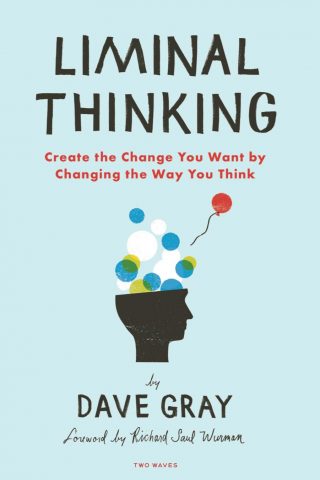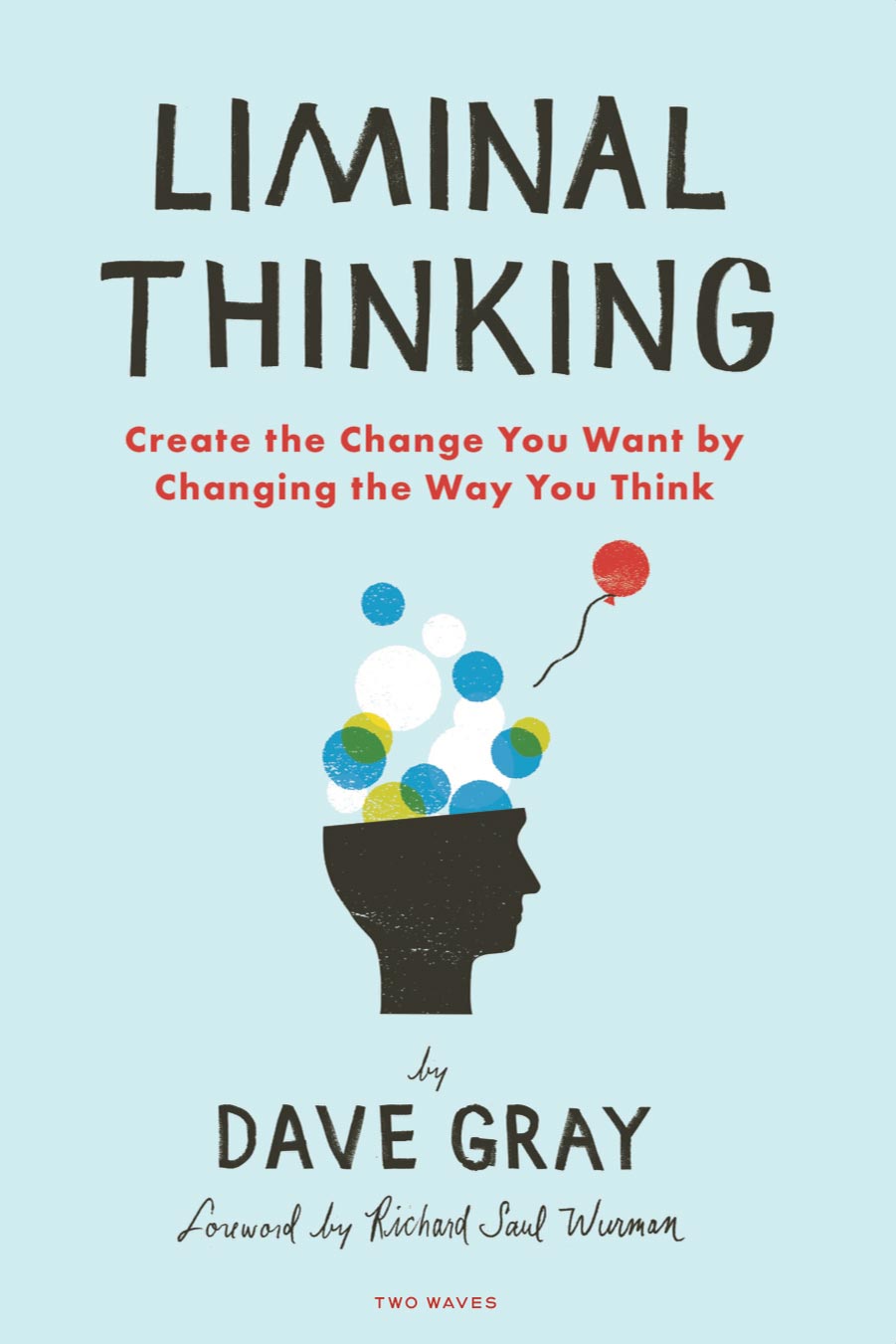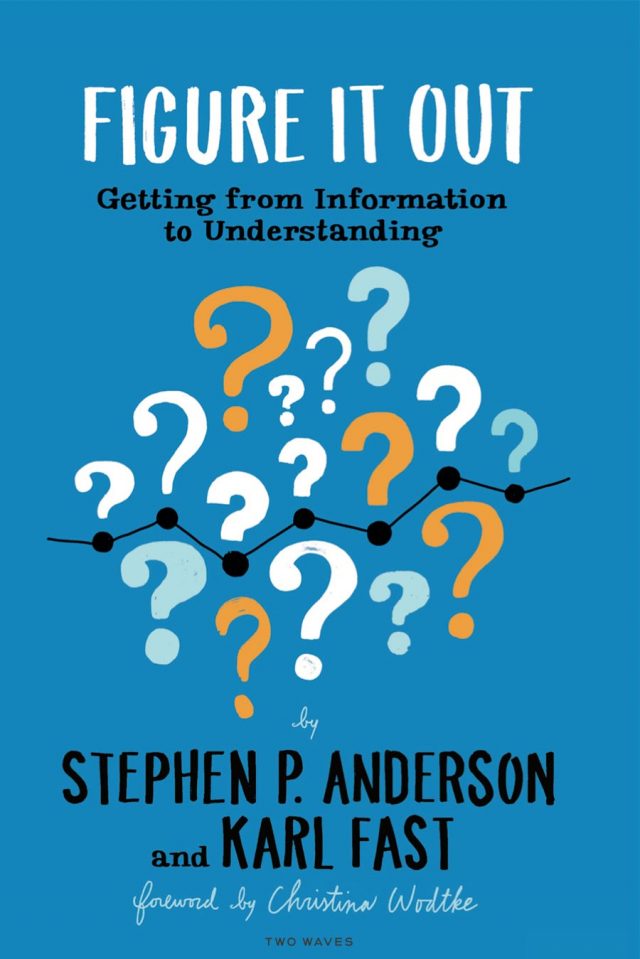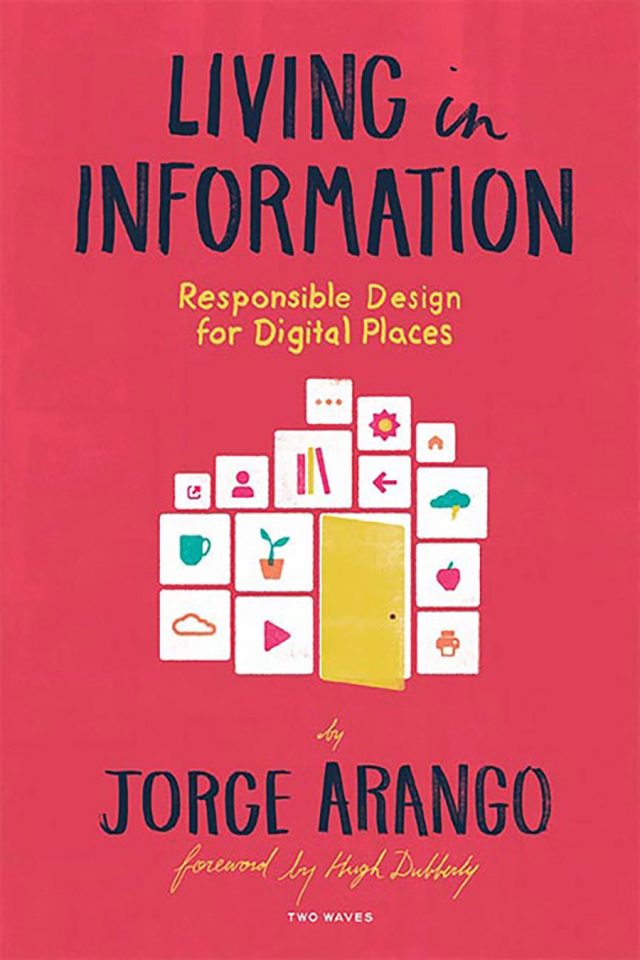It’s necessary if you’ve gotten this far in Dave’s newest book—and I say newest because he is prolific and his energy pervades his passion about thinking and understanding—it is necessary to read his definition of the word liminal, a word that I had never heard before he asked me to do this foreword, but I’m envious and jealous that he thought it up as the name of a book.
In fact, in the off chance that he’s not going to use it in the beginning of his book, I’ll reproduce his definition here as the beginning of my introduction to his many words:
“What is liminal thinking? Liminal is a word that means boundary, doorway, portal. Not this or that, not the old way or the new way, but neither and both. A state of ambiguity or disorientation that precedes a breakthrough to a new kind of thinking. The space between. Liminal thinking is a kind of psychological agility that enables you to success- fully navigate these times of transition. It involves the ability to read your own beliefs and needs; the ability to read others’ beliefs and needs; and the habit of continually evaluating, validating, and changing beliefs in order to better meet needs.”
We both recognize that the look of things, the name of things, forms the doorknob to the door and belongs in this great villa of learning and understanding that pervades mankind. Each of us resides in some strange side chapel, which we poke our nose out of every once in a while, prod the rest of them, and invite them over into our little alcove for our odd interpretation and individual definitions of how to join us in a more interesting, more productive, and more understanding life.
This is certainly a book to be read because it is like being with Dave himself, filled with the energy of his conviction, his whole belief system about how to get through our life of thinking and making sense, asking questions, exploring our alternatives, and in a conversational way, with Super Glue attached, putting it all together in an amalgam of a story.
Boy, does Dave do it well, and he seems to do it effortlessly. He can produce one of these babies in one-tenth the time it would take me. Dave is formidable physically, so it’s accurate for me to say that when I’m in his presence, I look up to him and he looks down on me.
When we’re sitting, I think we’re more equal and very much in the same street, neighborhood, village, town, city, county, and country. In the best sense of the word, this is popularization of the obvious, of the space between things, of seeing things you’ve always seen but never seen and pulling them into your own personal library, for get- ting through the morass, the flotsam and jetsam of all the stuff that’s around us.
He’s on my short list of a very short list of kindred spirits. I wish him well. And you would be wise to get past my prattle and read his book.
—Richard Saul Wurman
Newport, R.I. 10 August 2015













